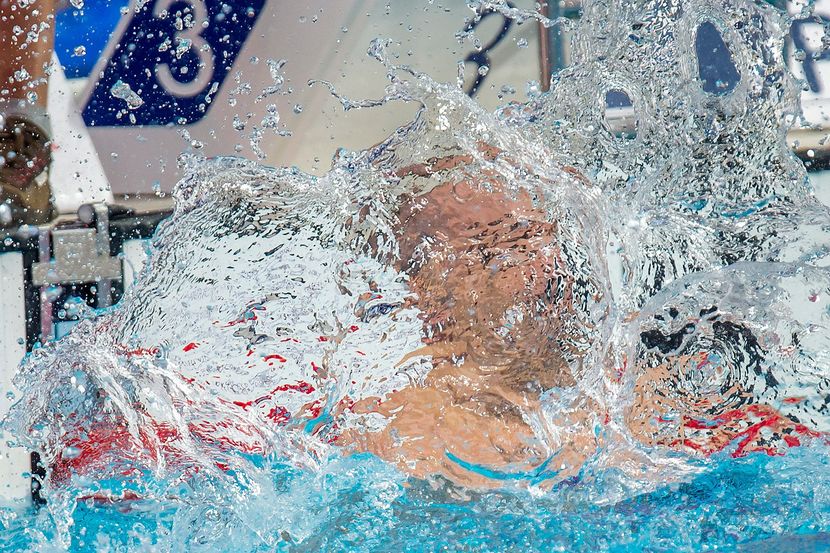
Presently, they train two to four times a week at the WPC Astana club, in Kazakhstan, which involves mostly swimming, working on playing techniques and weight-lifting.
One telling difference when playing at elite level and at Masters, they note, is that more “fight” takes place in the pool at the Masters. Indeed, the pace of the game might be slower but all players demonstrate rage to come out on top: “We play harder,” they say.
Speaking about the Masters event, they assure it meets their expectations: “Organisation is very good. We can meet friends from all over the world and weave friendships among countries. So even if we fight in the water, we are friends outside the pool,” they admit, laughing.
Ultimately, their presence at the Masters is directly related to their genuine hope for the future of water polo in general and their personal career in particular: “We would like that the attention stays focused on Masters water polo and continue to develop into a high-level competition.”
Sergey Gorovoy, no name, Evgeny Zhilyaev, Alexandr Shvedov - credit: Sarah Chiarello
Is it good to compete in Masters? “Absolutely, it is much better to compete in Masters than quitting the sport!” they strongly assert. Moreover, for former Olympians, keeping fit is decisively an avowed goal per se: “You stay in shape instead of sitting on a couch!” they add.
In conclusion, they also see in Masters an opportunity for good performance prospects: “If you lose at a young age, you can still win when you’re older!” they happily say.
This gives a telling indications of how much the FINA Masters World Championships have to offer; it is a unique opportunity for former elite-level athletes not only to remain both physically and socially connected to the sport they love but also, and most importantly, it leaves much room for self-improvement and ever-possible achievements.